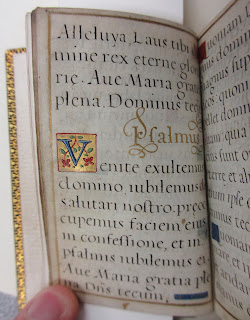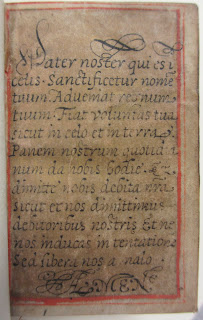 The Exposition Internationale des Arts et Techniques dans la Vie Moderne was held in Paris in the spring and summer of 1937. The Peace Pavilion was to be the culminating point of the exhibition and was dedicated to the "support of propaganda in favour of Peace." However, the Peace Pavilion's impact was overshadowed by the physical juxtaposition of the Nazi and Soviet pavilions. Situated directly across from one another, the two pavilions displayed each country's respective views on nationalism and politics through architectural motifs and created a visual preview of the coming world conflict.
The Exposition Internationale des Arts et Techniques dans la Vie Moderne was held in Paris in the spring and summer of 1937. The Peace Pavilion was to be the culminating point of the exhibition and was dedicated to the "support of propaganda in favour of Peace." However, the Peace Pavilion's impact was overshadowed by the physical juxtaposition of the Nazi and Soviet pavilions. Situated directly across from one another, the two pavilions displayed each country's respective views on nationalism and politics through architectural motifs and created a visual preview of the coming world conflict.There is little mention of these issues in our small collection of materials on the Expo. Instead, we have Churhill Lathrop's Carte de Légitimation and a handful of maps, pamphlets, postcards, and other ephemera. See the sights of Paris as featured on a folding guide to the Paris Metro. Dine on traditional British food at the British pavilion (though why one would when there were so many other options remains an open question). Travel to other parts of France on the "railway of the sea." All the usual things that the ordinary visitor would need during his or her visit to the continent.
Interestingly enough, though Lathrop was an Art History professor at Dartmouth, no mention is made of Picasso's Guernica which was exhibited for the first time in the Spanish pavilion at the Exposition.
Ask for MS-1015. A guide to the collection is available.








